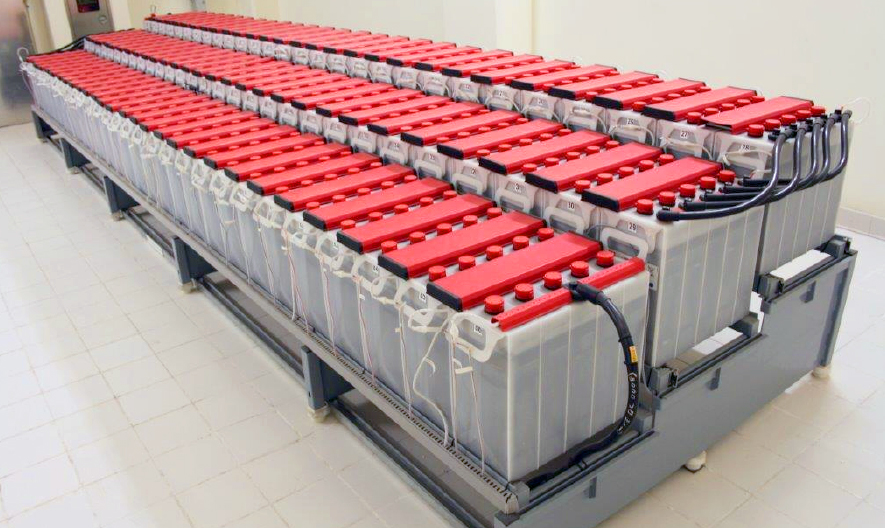A short circuit in lead-acid batteries occurs when there is an unintended connection between the positive and negative terminals, allowing current to flow directly between them. This often results from internal damage or manufacturing defects. The most common cause is the formation of dendrites or conductive debris between the battery’s plates. Over time, the accumulation of lead particles in the electrolyte can bridge the gap between plates, causing a short circuit. Another potential cause is physical deformation or improper handling of the battery, leading to internal plate contact.
Short circuits can lead to rapid discharge, excessive heat, and in severe cases, explosion or fire. This makes it essential to regularly maintain and inspect lead-acid batteries, ensuring they are free from debris, damage, and improper handling.


